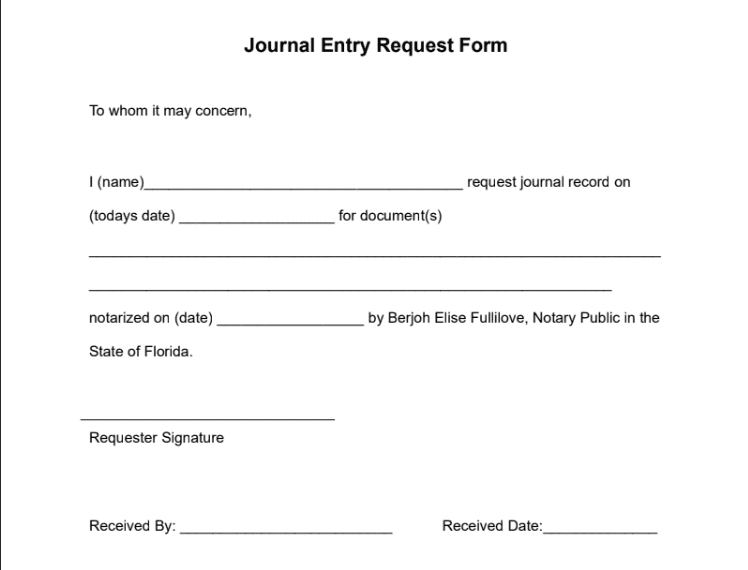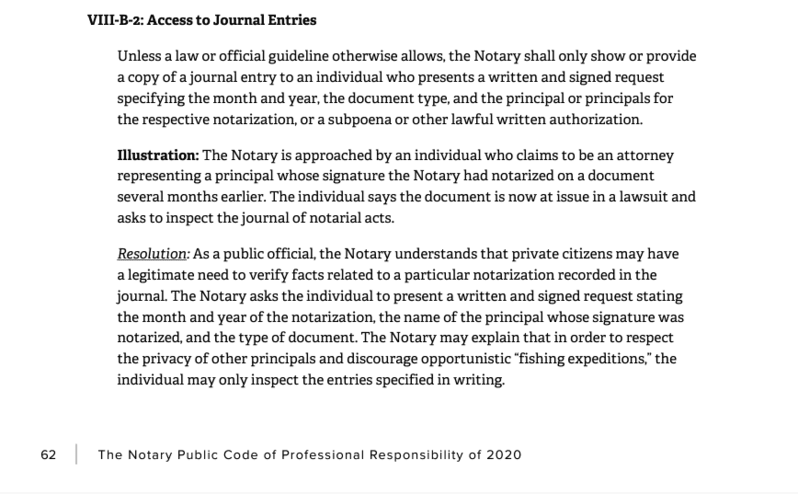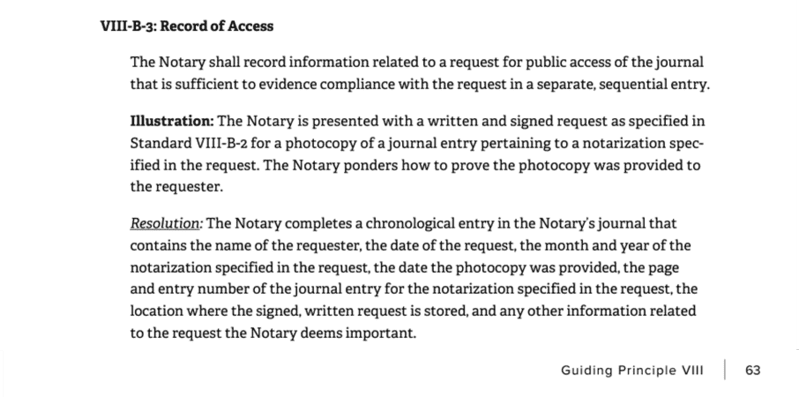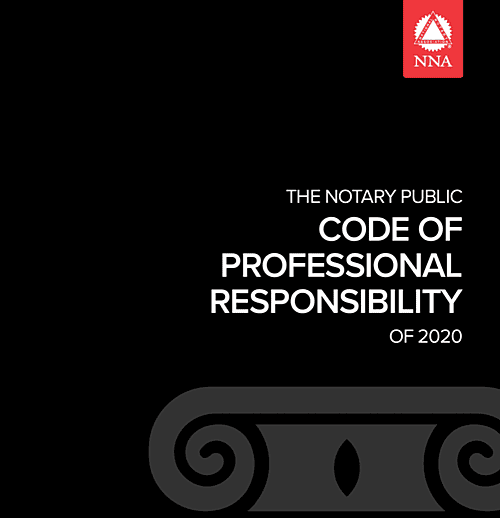Understanding Requests for Notary Journal Entries: Why They Matter and How to Respond
As a notary public, you're tasked with ensuring the authenticity and legality of various documents and transactions. One aspect of this responsibility that may catch you off guard is receiving a request for your journal entry. While it might seem surprising at first, there are valid reasons why someone may need access to this information.
Here, we'll delve into the significance of journal entries for notaries and explore the reasons why individuals may request them. Additionally, we'll discuss the proper protocol for responding to such requests, highlighting the importance of adhering to state statutes and professional standards.
Why Do Notary Journal Entries Matter?
Notary journal entries serve as a vital record of notarial acts performed by a notary public. Each entry typically includes details such as the date of the transaction, the type of document notarized, the names of the parties involved, and any relevant identification presented. These entries provide a comprehensive historical record of notarial activities and help uphold transparency and accountability in the notarial process.
Reasons for Requesting Notary Journal Entries
Verification of Authenticity: One common reason why someone may request a notary's journal entry is to verify the authenticity of a document or signature. Access to the journal entry allows individuals to confirm that the notarization was performed in accordance with legal requirements.
Legal Proceedings: In the context of legal proceedings, such as court cases or disputes, parties may need to obtain notary journal entries as evidence or for verification purposes. This could include validating the execution of contracts or other legal documents.
Document Retrieval: Occasionally, individuals may require access to notary journal entries for record-keeping purposes or to retrieve important documents associated with past transactions. Having access to these records can facilitate various administrative or legal processes.
Identity Verification: Individuals involved in a notarized transaction may request access to the notary journal entry as part of their efforts to verify their identity or the authenticity of their signature.

Responding to Requests for Notary Journal Entries
When faced with a request for a notary journal entry, it's essential to handle the situation with care and diligence. Here are some key steps to follow:
Check State Statutes: Begin by consulting your state's laws and regulations regarding access to notary journal entries. State statutes may outline specific procedures and requirements for providing access to these records.
Verify the Request: Ensure that the individual making the request meets the necessary criteria for accessing the notary journal entry. According to the Notary Public Code of Professional Responsibility, pictured below, individuals must provide a written and signed request specifying relevant details such as the month and year of the notarization, the document type, and the principal(s) involved.(Sample pictured above)
Follow Established Protocol: If your state statutes or professional guidelines provide specific instructions for responding to requests for notary journal entries, adhere to these protocols diligently. If your state guidelines are ambiguous or do not specify, it is recommended that you refer to the Notary Public Code of Professional Responsibility for guidance.
Maintain Confidentiality: As a notary public, it's imperative to maintain the confidentiality and security of notary journal entries. Only disclose information to authorized individuals or entities as permitted by law.


Keeping Record of Access
Additionally, notaries should maintain a record of who has accessed their journal entries, as per the guidelines outlined in the code. This helps track the usage of sensitive information and ensures compliance with privacy and confidentiality standards.

Utilizing Professional Resources
For notaries navigating unfamiliar or ambiguous situations related to notary practices, professional resources such as the Notary Public Code of Professional Responsibility of 2020 can offer valuable guidance and best practices. This comprehensive resource provides clarity on ethical standards, professional conduct, and protocols for handling various aspects of notarial duties.
In conclusion, while receiving a request for a notary journal entry may initially seem unexpected, understanding the reasons behind such requests and following proper protocols is essential for upholding the integrity of the notarial process. By adhering to state statutes, professional standards, and ethical guidelines, notaries can ensure transparency, accountability, and trustworthiness in their practices.


